
Cribbing and Colic in Horses: What’s the Link?
After years of speculating that colic occurs more frequently in horses that crib, researchers have finally provided consistent data confirming this association.

After years of speculating that colic occurs more frequently in horses that crib, researchers have finally provided consistent data confirming this association.
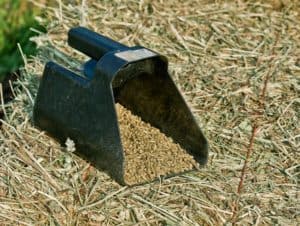
Researchers have shown feeding horses alfalfa prior to riding can help buffer stomach acid and offers relief for ulcer-prone horses. But is hay or a pellet better?

Don’t take a wait-and-watch approach when it comes to this common cause of colic in older horses. Read more about lipomas in The Horse’s Research Roundup 2023 issue.
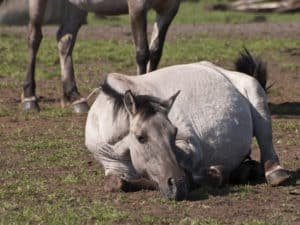
Taking these steps might help protect your mare and her foal.
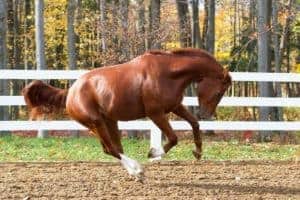
Discover 9 physical and behavioral reasons your horse might be kicking up his heels.
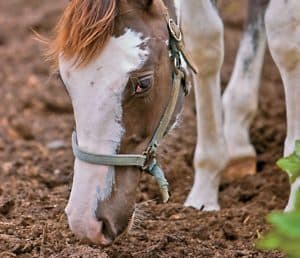
Decipher fact vs. fiction when it comes to the complicated world of feeding horses.
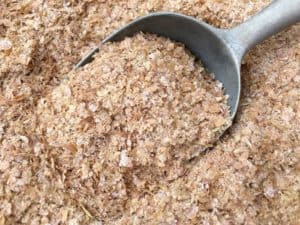
While steeped in tradition, feeding bran mashes can cause GI distress in horses. Learn why, and discover alternatives.
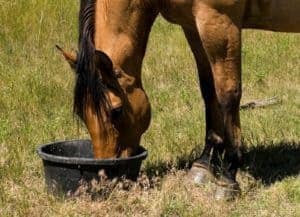
An equine nutritionist breaks down what’s in a grain-free feed and how you might increase calories for a performance horse consuming a grain-free diet.
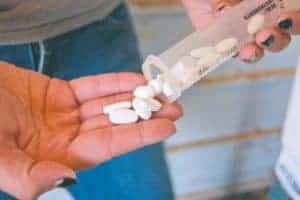
Horses on antibiotics might experience feeding, housing, and management changes as well as increased stress, which are associated with gastric ulcer development.
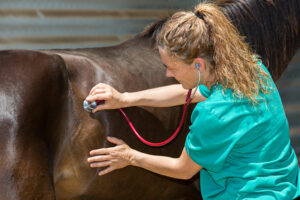
Research shows slight shifts in the horse’s intestinal microbiome can have far-reaching effects. Learn more in The Horse‘s 2023 Research Roundup issue.
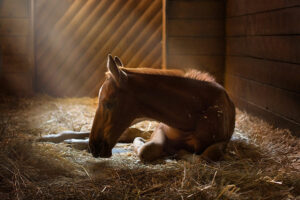
New research might lead to a vaccine for this highly contagious disease.
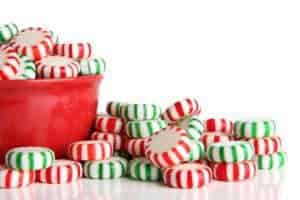
Horses with certain health conditions should skip sweet treats. Find out if your horse is one.

Probiotics might help reestablish healthy balances in the horse’s gut microbiome without causing harm.

Performance horses’ lifestyles put them at a greater risk of developing gastric ulcers. An equine nutritionist explains how to combat this.
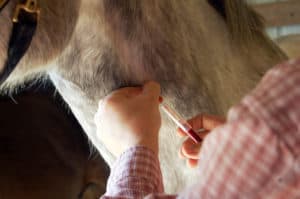
Newly identified liver viruses in horses might be more common than we realize.
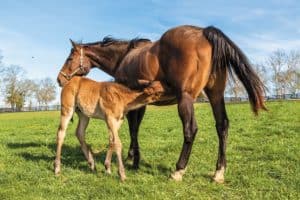
Understanding how your growing foal’s digestive system works can help you recognize and avoid potential problems.
Stay on top of the most recent Horse Health news with
© 2022 Copyright Statement dolor sit amet, consetetur sadipscing User Terms, sed diam nonumy eirmod tempor invidunt ut labore et dolore magna aliquyam erat, sed diam voluptua. At vero eos et accusam et justo duo dolores et ea rebum. Stet clita kasd gubergren, no sea takimata sanctus est Lorem ipsum dolor sit amet.
"*" indicates required fields